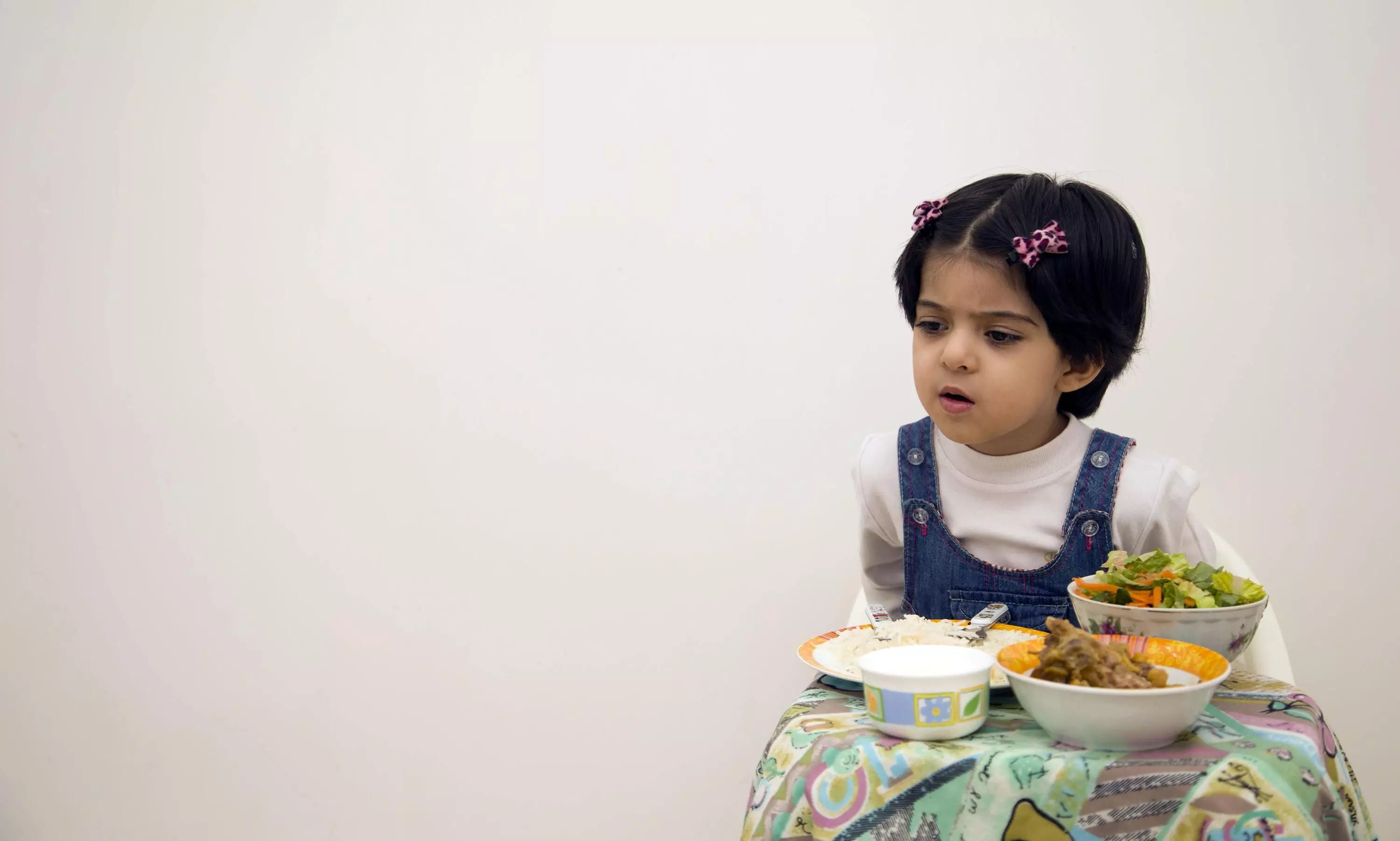
Childhood diet has lifelong impact, says study
text_fieldsConsumption of too much fat and sugar as a child can have detrimental life-long impacts on health even if the person switches to healthy eating habits later in life, says a new study.
The study conducted in mice by the UC Riverside researchers was published in the Journal of Experimental Biology. It revealed that eating too much sugar and fat during childhood can alter the microbiome for life.
The microbiome is the genetic material of all the microbes like bacteria, fungi, protozoa, and viruses that live on and inside the human body. The bacteria in the microbiome help in breaking down food, regulate the immune system, protect against other bacteria that cause disease, and help in the production of key vitamins including vitamins B12, thiamine and riboflavin and Vitamin K which is needed for blood coagulation.
An alteration of this microbiome through the use of antibiotics, illness, or an unhealthy diet could mean that the body will become susceptible to disease.
"We studied mice, but the effect we observed is equivalent to kids having a Western diet, high in fat and sugar and their gut microbiome still being affected up to six years after puberty," explained UCR evolutionary physiologist Theodore Garland.
In the study, the mice were divided into four categories: half fed the standard, 'healthy' diet, half-fed the less healthy 'Western' diet, half with access to a running wheel for exercise, and a half without. After three weeks spent on this diet, the mice were returned to a standard diet and no exercise.
The number of bacteria such as Muribaculum intestinale which is involved in carbohydrate metabolism was significantly reduced in the Western diet group. The same bacteria increased in mice fed a standard diet who had access to a running wheel and decreased in mice on a high-fat diet whether they had exercise or not.
Overall in the experiment, it was found that early-life Western diet had more long-lasting effects on the microbiome than did early-life exercise.UCR researchers are now planning to repeat the experiments to understand when the changes first appear in the mouse microbiomes.
Garland has added that the takeaway from the experiment is "You are not only what you eat, but what you ate as a child!"






















